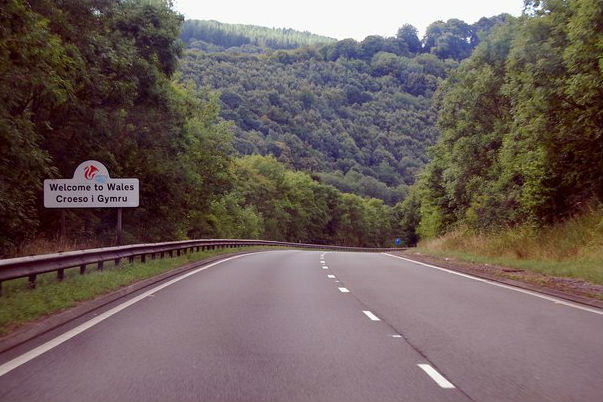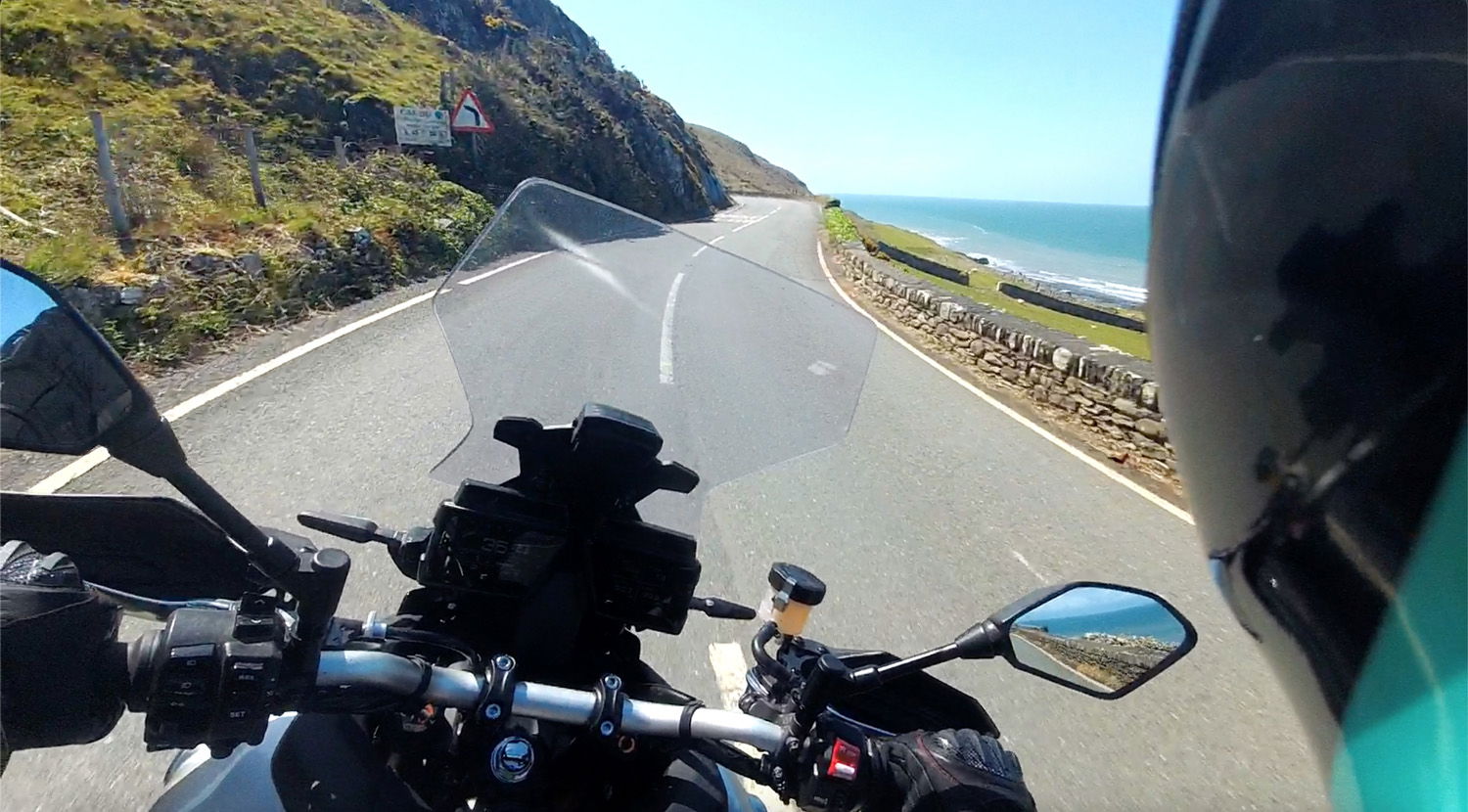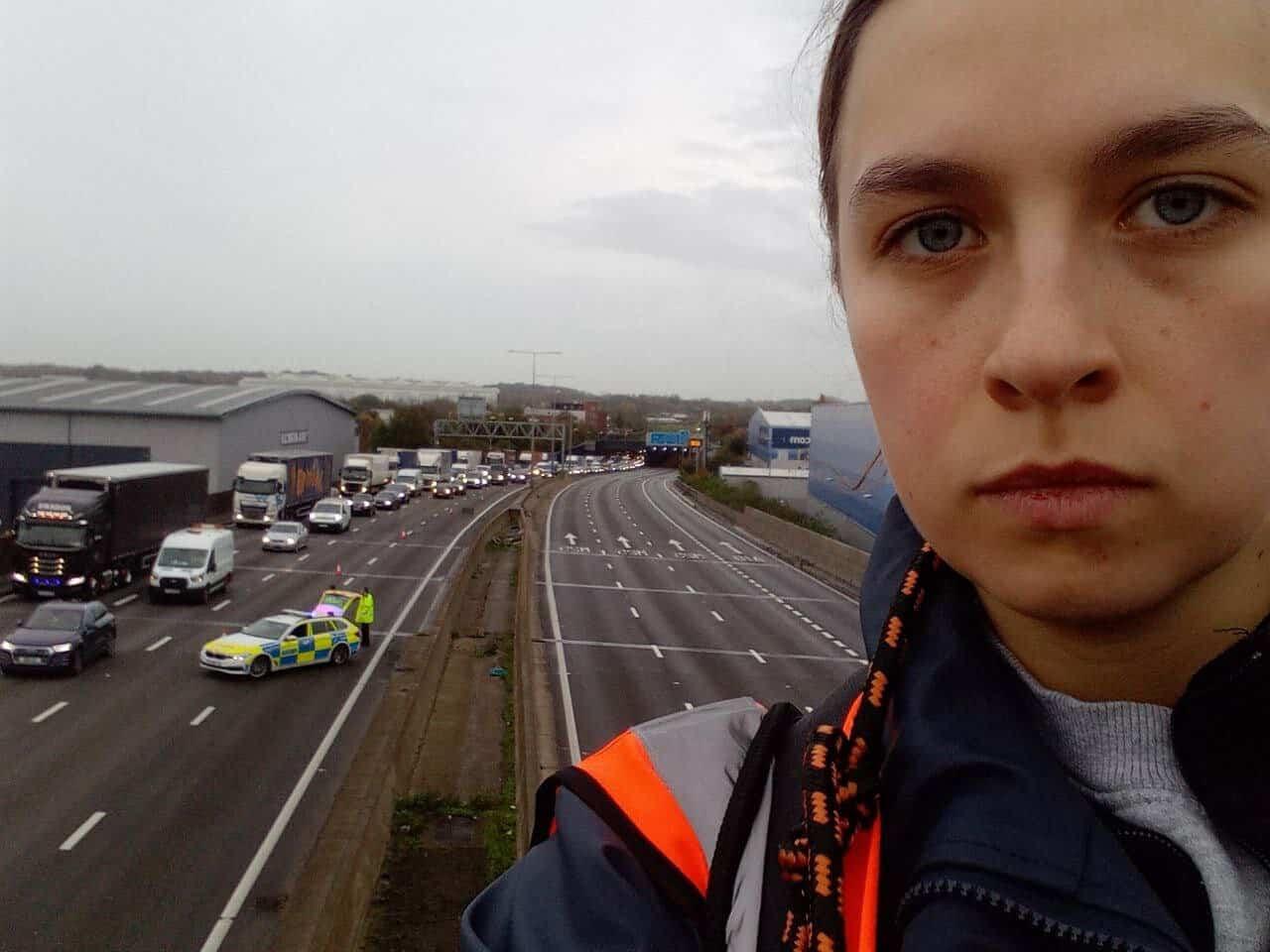Wales imminently launching 20mph speed limits - here’s all you need to know
Wales is set to lower the speed limit on limited roads to 20mph on Sunday, with financial, safety, and health benefits all expected.

Speed limits on just over a third of roads in Wales will be lowered to 20mph from this Sunday, which is predicted to save millions of pounds and hundreds of lives.
New legislation introduced by the Welsh Senedd in July 2022 will come into effect on 17 September, and will reduce the default speed limit for built-up areas in Wales from 30mph to 20mph. It will make Wales the first country in the UK to implement such a speed limit.

When it was first announced last year, the change to 20mph as a default speed limit for residential roads was subject to decisions made by the Trunk Road Agencies (for South Wales, and North and Mid Wales) about which areas were suitable for the reduction in speed limit, and which areas were suitable to remain with 30mph limits.
The following eight communities have been selected as what the Welsh Government calls “first phase settlements”:
- St Dogmaels, Pembrokeshire
- Llanelli North, Carmarthenshire
- St Brides Major, Vale of Glamorgan
- Central North, Cardiff
- Cilfrew Village, Neath Port Talbot
- Abergavenny, Monmouthshire
- Severnside, Monmouthshire
- Buckley, Flintshire
There are several justifications the Welsh Government put forward in 2022 for its reduction in the default speed limit for residential areas.
Pollution is one of these, and it should be reduced thanks to internal combustion engine (ICE) vehicles (theoretically) needing to use less fuel to travel at a lower speed. “Accelerating up to 30mph can take twice as much energy as speeding up to 20mph,” the Welsh Government says. However, the argument can be made that at 20mph a vehicle will run one gear higher than at 30mph, and with more revs, which would increase consumption and therefore pollution.

Additionally, safety is expected to improve, as the Welsh Government uses statistics from the Royal Society for the Prevention of Accidents (RoSPA) which state that 45 per cent of pedestrians hit by a car travelling at 30mph or less are killed, whereas it is just five per cent for those hit by a car travelling at 20mph or less. Furthermore, a car travelling a 30mph, the Welsh Government says, will decelerate to 24mph in the distance it takes for a car travelling at 20mph to stop.
The limit reduction is also expected by the Welsh Government to encourage more people to use alternative methods of transport, such as cycling or walking. “Lower speeds,” the Welsh Government says, “mean that people feel more comfortable to walk and cycle and it is safer for children to walk to school. Older people, disabled people or people with additional needs will feel more able to travel independently.”
A reduction in speed limits could be seen as a potentially damaging action for journey times and congestion. However, the Welsh Government says that journey times are mostly affected by “junctions and signals, rather than the speed limit.” Additionally, it says that it “[does] not believe that a 20mph speed limit will increase the number of vehicles driving on the road. Potentially traffic will flow more smoothly.”

There has also been a survey conducted by Beaufort Research and published by the Welsh Government which found that the second-most prominent concern about road safety among those interviewed was speeding traffic. 16 per cent of those interviewed listed this as their main road safety concern, while the top-ranking concern was potholes and road condition, which 35 per cent of those interviewed stated as their main road safety concern.
The survey also found that 34% of Welsh adults were not content with the speed limit on their street. Additionally, 44 per cent of people who live on 30-limit streets felt the limit was wrong, whereas this fell to 16 per cent for those who live on 20-limit streets.
Most crucially, 80 per cent of those interviewed said they would support a 20mph speed limit in the area they lived, and 54 per cent were “strongly in favour,” according to the research.
_1.jpg?width=1600)
The most supportive group of 20mph limits were women, particularly those with children and those in the DE socioeconomic group. On the opposite side, men - particularly those aged 65, and over and those in the AB socioeconomic group - were most opposed to 20mph limits.
Recently published research from the Transport Research Institute (TRI) at Edinburgh Napier University, in conjunction with Public Health Wales, has estimated that the financial savings from the introduction of the new default speed limit to be around £100 million in the first year alone. This is because less money will need to be spent on dealing with road traffic accidents. The Guardian also reports that the new speed limits are expected to save up to 100 lives over the course of 10 years.
The cost of the implementation is estimated by the Welsh Government to be £32 million, meaning that, in 12 months, it is estimated that the new default limit will have saved more than three times the money it spent on implementing the new limits.
The research also supports the Welsh Government’s expectations surrounding physical activity (such as walking and cycling). It says that the potential increase in physical activity in residential areas in Wales as a result of the reduced speed limits will cause less obesity, stress, and anxiety.







